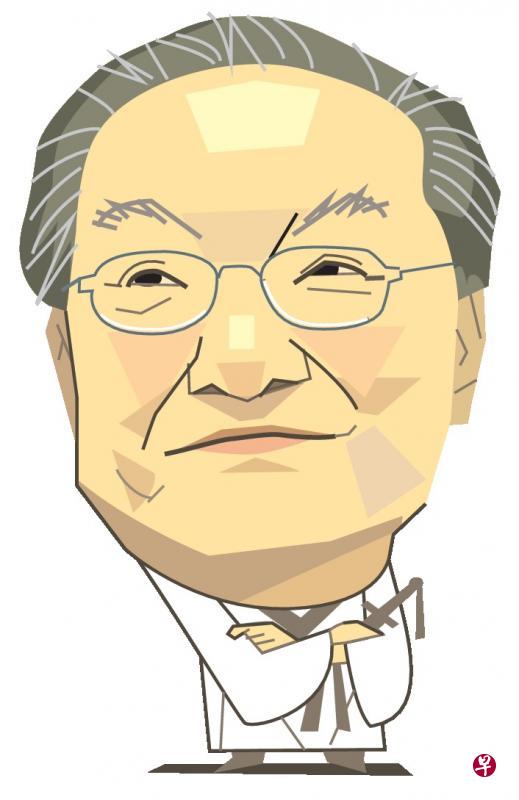
News Room
The death of Jin Yong, a master of martial arts novels, shocked the Chinese world this week.He is well-versed in Chinese and Western cultures, talented, and his cultural status is beyond doubt.However, in Hong Kong, where the master lives and works, the heated discussion about him does not stop at his literary achievements. His involvement in politics is also a major focus.
Some young netizens lamented that it would be good for him to stay away from politics while writing.But if you look at the resume of Mr. Cha (Jin Yong’s real name is Cha Liangyong): born in a scholarly family in the south of the Yangtze River, he was admitted to the Department of Foreign Affairs of Chongqing Central Political University in 1944; he studied international law at the Law School of Soochow University in Shanghai from 1946 to 1948;After being stationed in Hong Kong by Ta Kung Pao in 1950, he went to Beijing to apply for a job at the Chinese Ministry of Foreign Affairs. However, as a descendant of a landlord educated by the Kuomintang, he gave up and returned to Hong Kong due to many obstacles.Does this seem like a man who is content to shut himself in his den and write fiction?
Jin Yong worked in a leftist newspaper in his early years. He admitted that he had high hopes for the CCP, but he probably felt disappointed with some of the CCP’s performance after the founding of the People’s Republic of China.After he founded Ming Pao in Hong Kong in 1959, he wrote social commentary with his left hand and novels with his right hand. He insisted on a critical patriotic stance. During the Cultural Revolution, he published articles almost every day bombarding the CCP in power and defending traditional Chinese culture. Therefore, he was severely criticized as a traitor by the leftist camp in Hong Kong.He was a lackey and even received death threats, so he fled to Singapore for a time.
However, after the Cultural Revolution ended, Jin Yong began to return politically. When he met Deng Xiaoping in Beijing in 1981, he said that his father’s fate was just a tragedy during the change of dynasty. Since then, his novels have been lifted in mainland China.The convener of the political system group of the Council, responsible for designing the political system development and democratic process after Hong Kong's handover in 1997.In 1988, he and another member of the Drafting Committee, Zha Jimin, put forward an extremely conservative double-check plan: the Legislative Council would be divided into three terms and half of them would be directly elected, the chief executive would be elected by 800 election committee members, and a referendum would not be held until the third term of the chief executive, to determine whether the chief executive and the Legislative Council will be elected by universal and comprehensive direct elections.
In other words, it will take at least 10 years for Hong Kong to return to the motherland before considering universal suffrage for the chief executive and direct elections for the Legislative Council.As a result, Jin Yong was accused by some Hong Kong people of being a sinner of Hong Kong democracy, and some students even ran outside the Ming Pao newspaper office to protest.
However, Martin Lee, the leader of the Democratic Party who also served as the draft committee, admitted in an interview a few days ago that judging from the stagnation of the democratic process in Hong Kong, Jin Yong's plan is actually full of vision and wisdom.Other than Szeto Wah, the draft committee is most willing to fight for democracy for Hong Kong people.
The Hong Kong Commercial Daily, a pro-Beijing newspaper, recently praised Jin Yong for his important and indelible positive contribution to the smooth return of Hong Kong and the development of the political system after the return.
In fact, although the election arrangements for the chief executive and the Legislative Council after the return of Hong Kong followed the spirit of the double-check plan, the key point in the plan-the referendum to decide whether to elect the chief executive by universal election and the full direct election of the Legislative Council-has not been written.into the Basic Law.
Intellectuals of Jin Yong’s generation grew up in the midst of national calamity and had a strong sense of family and country. On the other hand, he also knew the boundaries of politics and considered the official acceptance of everything.Beijing is wary of Hong Kong's chief executive through universal suffrage and direct elections to the Legislative Council. This is the real knotty knot.



